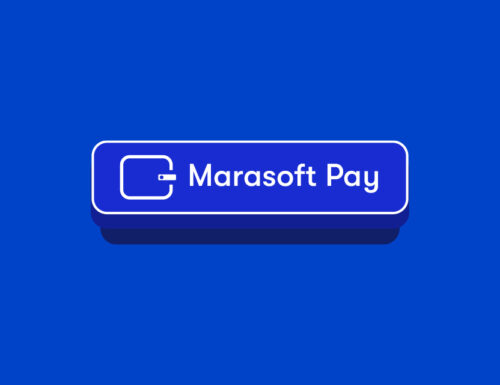In October 2024, employees at Marasoft Pay, a Nigerian fintech founded by Emmanuel Marakwe-Ogu, were relieved to finally receive two months of their overdue salaries. However, this relief quickly turned to shock when they discovered that their accounts—and the accounts of those they had paid—were frozen. The funds had reportedly been flagged as originating from a suspected fraudulent source, according to multiple former employees who spoke on the condition of being kept anonymous.

Marasoft Pay operates in Nigeria and Kenya, offering payment and banking solutions for individuals and businesses. Despite its reach, the company does not hold a local license in Kenya and relies on a Flutterwave wallet for processing transactions. Kenyan court records show that Marasoft deposited over $55 million into Flutterwave accounts in 2022. While smaller fintech companies often process payments through licensed operators, Marasoft’s operations took a turn when a significant financial irregularity emerged.
On October 16, 2024, a technical glitch granted Marasoft access to more funds than it had in its Flutterwave wallet, allowing withdrawals of over ₦84 million ($54,000). Records reveal that CEO Emmanuel Marakwe-Ogu initiated 102 withdrawals linked to his phone number and bank verification number (BVN) within 12 hours.
Using these funds, Marakwe-Ogu paid ₦35 million in overdue salaries, a move that employees later realized came directly from the Flutterwave wallet rather than the company’s human resources account. Days after the payments were made, employees’ accounts were frozen due to the suspected fraudulent source of the funds. Over 40 employees began a legal battle to unfreeze their accounts, but their efforts were met with complications.
Emails from Flutterwave to Marasoft employees stated, “Unfortunately, we are unable to lift the PND (post no debit) on the account at this time. The funds deposited into your account have been traced to a fraudulent merchant, and investigations are currently ongoing.”
Further complicating matters, Marakwe-Ogu reportedly transferred ₦49 million to various accounts through payment processors like TransactPay, a European fintech that generates virtual accounts. This included a transfer to a VFD Bank account under his control, making the retrieval of funds more challenging. TransactPay later initiated a recall request for transactions worth ₦19.3 million, but by this time, many employees were left in financial limbo.

One former employee shared how the frozen account forced her to borrow money from her father to repay her contributions to an esusu (a traditional savings group). “It was a very stressful time for both me and my family,” she said, asking not to be named.
Despite the escalating crisis, Marakwe-Ogu assured employees that the account restrictions were a mistake and would be resolved. He reportedly agreed to a five-month repayment plan with Flutterwave, set to end in February 2025, though Flutterwave has not commented on this arrangement, due to confidentiality.
Meanwhile, employees’ frustrations grew as Marakwe-Ogu stopped responding to their inquiries, removed them from the company’s WhatsApp group, and failed to provide clarity on the situation. By November, many employees began resigning, with the issue of frozen accounts unresolved.
In January 2025, Marasoft resumed operations, and at least eight employees have returned to the company despite the ongoing challenges of frozen accounts and unpaid salaries. However, trust in the company’s leadership and mission has been significantly destroyed. One former senior employee reflected on the ordeal, saying, “People believed in the company’s mission and endured months of delayed payments. But it became clear that this wasn’t a minor issue—it was deliberate.”
As of now, Emmanuel Marakwe-Ogu has not responded to requests for comments on the matter, leaving many unanswered questions about the company’s future and the fate of the affected employees.



